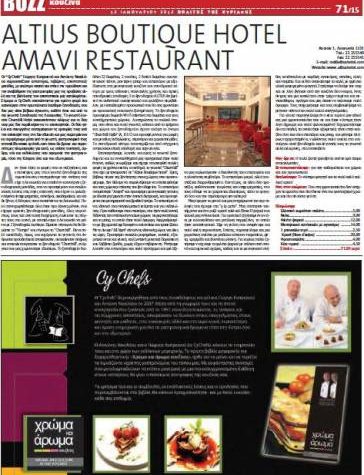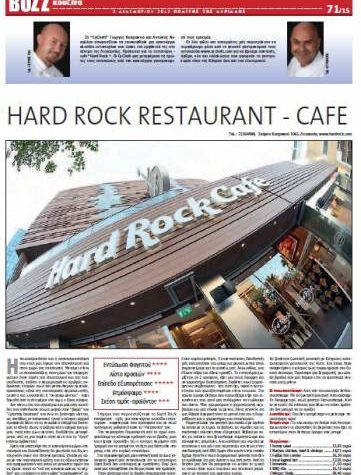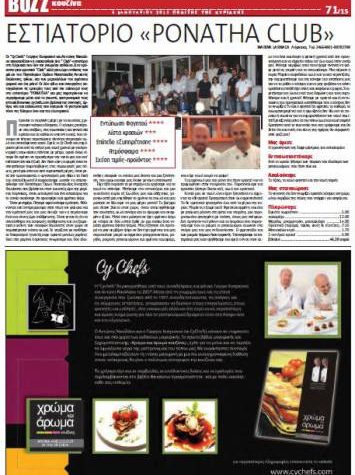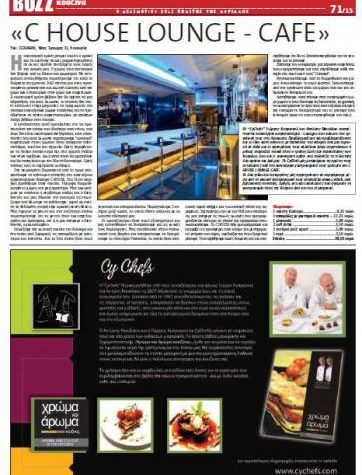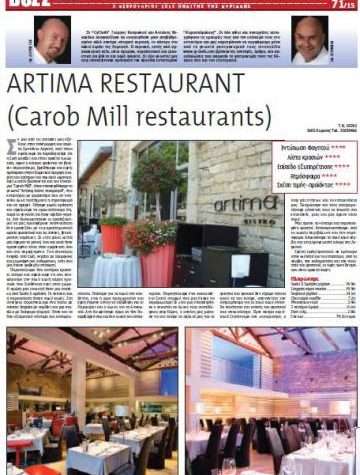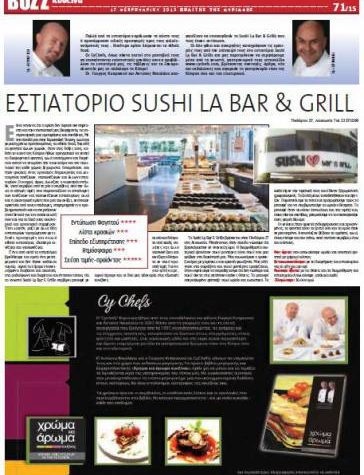Energy and the caloric requirements of each individual are dependent on four different aspects. The metabolic requirements of each individual are affected by the daily physical activity, the movements made subconsciously, the thermogenic effect of food (i.e. the energy needed for digesting food) and the basal metabolism.
The definition of basal metabolism can be described as the body’s chemical reactions that are designed for its smooth functioning. These reactions are responsible for a large number of functions in the body such as the cell metabolism, the maintenance of body temperature, the smooth function of the gastrointestinal tract, the glands and many other. In order for these chemical reactions to be accomplished the human body requires energy and the measure to count energy is called calorie. The higher the intensity of these chemical reactions is the more calories are required.
Metabolism in the human body is influenced by several factors. Men in general have increased basal metabolism than women and thus they achieve easier weight loss. Also, men usually have a higher percentage of muscle tissue than women. Increase in muscle tissue and also weight gain in general leads to the increase of the basal metabolism. Also, the age of an individual can be another factor affecting basal metabolism. During growth energy and metabolic needs are increased, while after the age of 20 metabolism begins to decrease by 1-2% per decade. Besides the sex, age, weight gain, muscle mass, etc metabolism is influenced by various hormonal disorders. Poor functions in the thyroid gland, which has the effect of reducing a hormone called thyroxin, reduces metabolism by 40% while in a state of hyperthyroidism metabolism can be increased by 80%. Other factors that increase metabolism and energy needs are pregnancy and breastfeeding, increased body temperature (i.e. fever), cold climate, caffeine intake and some catabolic diseases and injuries.
Metabolism increases mainly in two ways: by exercising and by following a correct diet. Physical exercise helps to burn more calories and causes an increase in muscle tissue which also increases metabolism and energy needs. When talking of nutrition it is suggested to reduce fat and simple carbohydrates (i.e. sugar) and avoid or reduce the consumption of sweets, fried foods and processed meat. Food consumed should mainly consist of vegetables, fruits, complex carbohydrates (whole grains, oatmeal, etc.) and protein (fish, chicken, etc). Surveys suggest that protein increases metabolism by 40%. It is advised not to skip meals during the day as the consumption of 5-6 meals daily increases metabolism. When following a weight loss diet one must be patient and not reduce excessively calories consumed as this will have a negative impact on the metabolism in the long run. Finally, consumption of plenty water is advised in order to increase metabolism, hydration and detoxification of the body.
The way of measuring basal metabolism is achieved by using indirect calorimetry. The method of inducing one to indirect calorimetry is by lying down comfortably and wearing a mask which is connected to a special apparatus that measures combustion accomplished in the body according to the proportion of oxygen inhaled and carbon dioxide exhaled.
Yiannis Kerimis MSc RD (USA)
Clinical Dietitian






